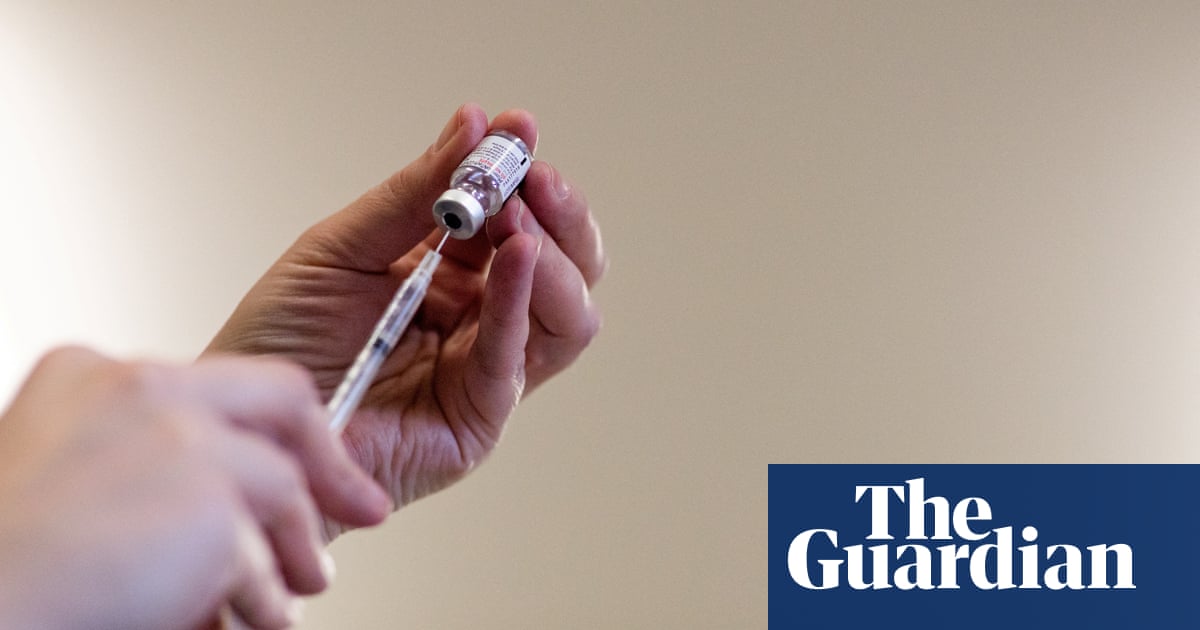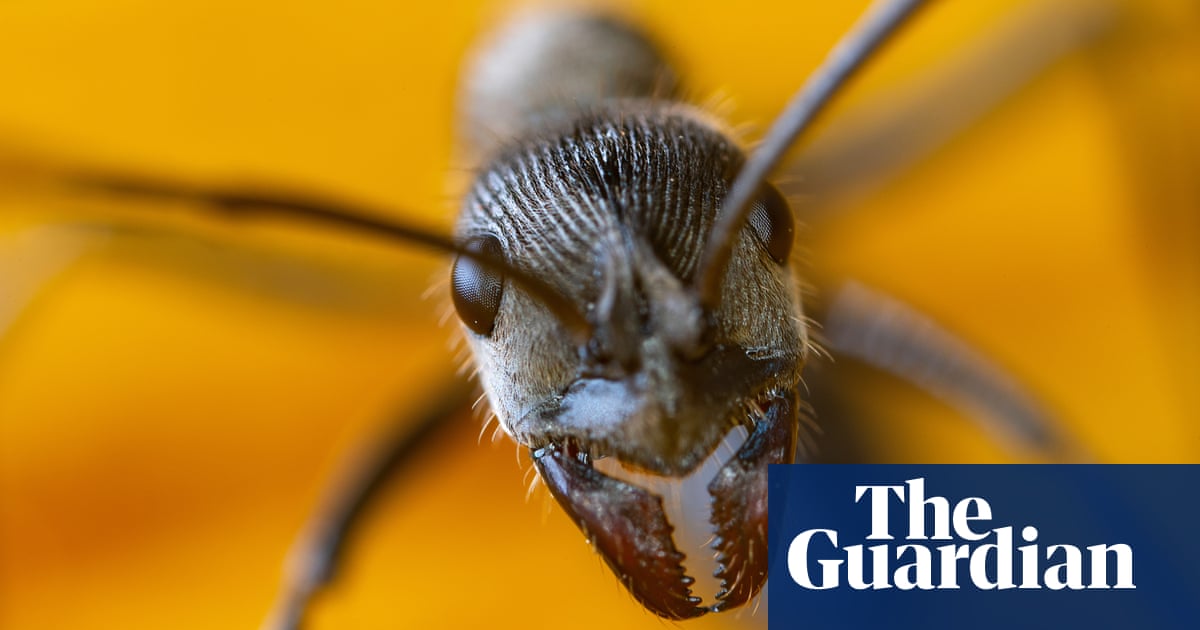Adults with severe peanut allergies can be desensitised by daily exposure, according to the first clinical trial of its kind.
After being given steadily increasing doses of peanut flour over a period of months, two-thirds of the trial participants were able to eat the equivalent of five peanuts without reacting.
The findings suggest that the window of opportunity for treating allergies could extend into adulthood, raising the prospect of new treatments for those severely affected.
“Constant fear of life-threatening reactions place a huge burden on people with peanut allergy,” said Stephen Till, the professor who led the research at King’s College London. “The only way to manage a peanut allergy is strict avoidance and treatment of allergic reactions, including with adrenaline.
“Although peanut immunotherapy is known to be effective in children, this trial provides preliminary evidence that adults can also be desensitised and that this improves quality of life.”
The Grown Up Peanut Immunotherapy (GUPI) trial recruited 21 adults aged between 18 and 40 with a clinical diagnosis of peanut allergy. The participants were initially given a dose of 0.8mg peanut flour mixed in with food, then 1.5mg 30 minutes later followed by 3mg a further 30 minutes later. Those who were able to safely tolerate these very low doses – equivalent to less than 1% of a peanut – in a clinical setting were continued on a daily dose at home for two weeks.
Participants returned every two weeks to increase their dose under supervision until they reached a 1g dose, the equivalent of four peanuts. The participants maintained a daily dose for three months, after which 67% of them were able to consume at least 1.4g of peanut protein – the equivalent of five peanuts – without reacting. The findings are published in the journal Allergy.
“Living with peanut allergy is a huge burden due to the need for constant vigilance and the risk of accidental exposures,” said Hannah Hunter, lead author and a specialist allergy dietitian at Guy’s and St Thomas’ NHS foundation trust. “Many participants who completed the trial told us that the treatment had been life-changing and they were no longer living in fear.”
Some patients took longer than others to desensitise – time on the trial ranged from eight to 14 months before the pandemic, although Covid-related delays meant the process took 23 months for some participants.
After the trial, the participants were able to continue their daily peanut consumption to remain desensitised. They were still considered allergic, however, and were advised not to consume more than their daily dose and to still carry an adrenaline EpiPen.
Chris, 28, was diagnosed with a peanut allergy as a baby and said that, before participating in the trial, the possibility of accidental exposure to peanuts was a source of anxiety. “Now, I have four peanuts every day with my breakfast to maintain my immunity,” he said. “Before, a tiny mistake could have life-threatening impacts but now I don’t have the fear that I might collapse and die from eating a takeaway.”
A larger multi-centre trial would be required before the treatment could be introduced more widely, but the findings suggest the approach could be as effective for adults with severe allergies.
Prof Adam Fox, chair of the national allergy study group at King’s College London, said: “Conventional wisdom has been that oral immunotherapy for food is really just for children and there is clear evidence that the younger it is started, the safer and better the outcome. However, that doesn’t mean that the benefits would not still be worthwhile for adults, and this study shows that for many, oral immunotherapy for peanut, at least, can still make a real difference.”

.png) 3 hours ago
4
3 hours ago
4













































